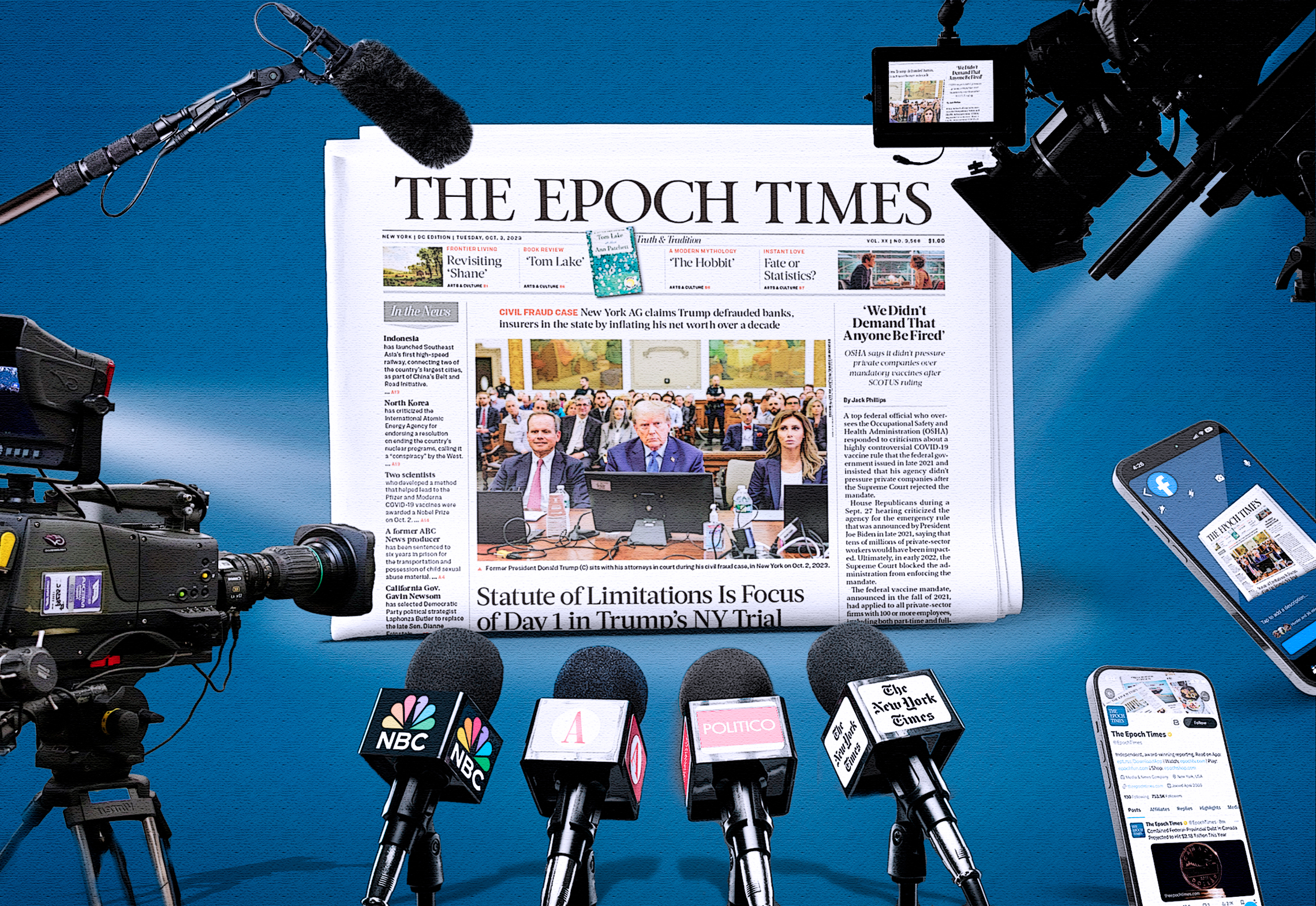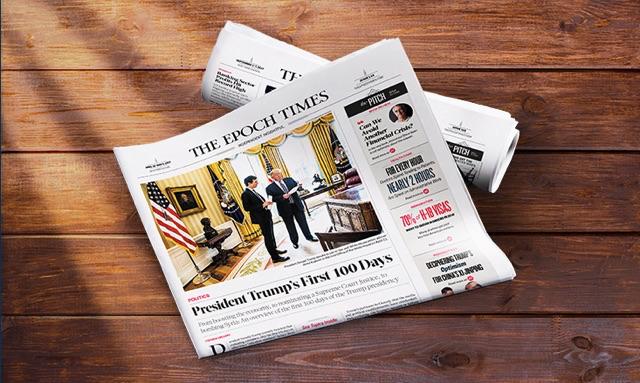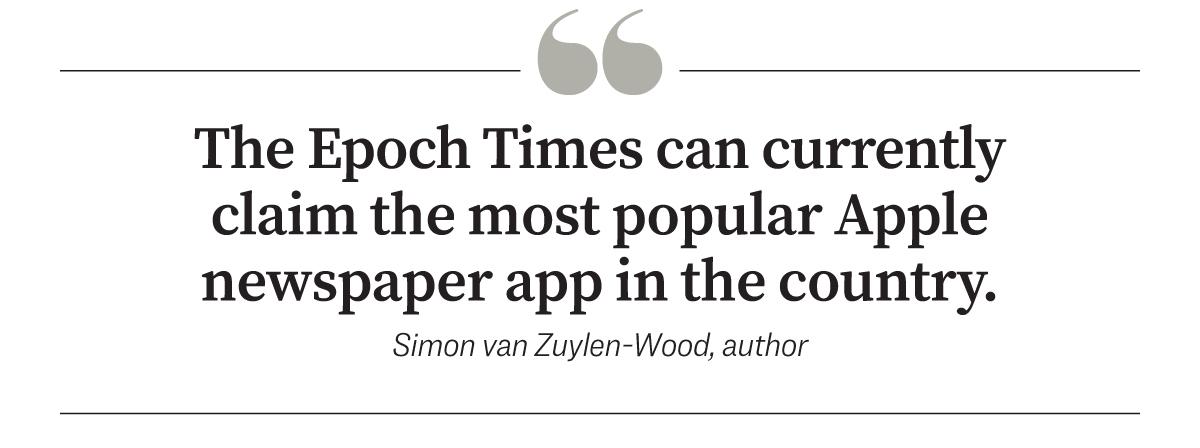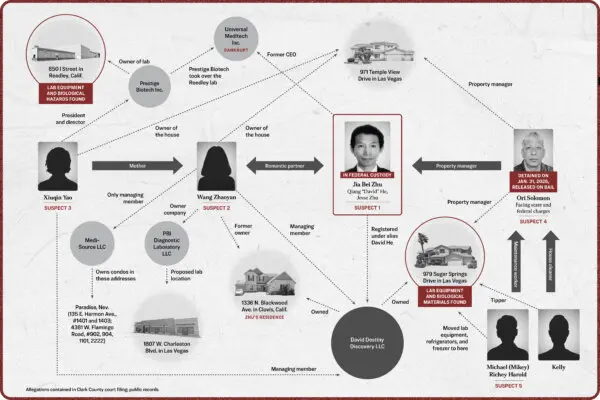Not that long ago, it was safe for the press to say a few good things about The Epoch Times.
In 2010, for example, Politico presented the publication as a quirky fixture of life in New York City.
But attitudes changed with the rise of Donald J. Trump.
In short, the media declared war on President Trump.
But The Epoch Times continued to strive for objectivity in its news reporting. That meant reporting on President Trump without bias or prejudice—treating him fairly like any other president and not like public enemy No. 1.

Readers seeking truth and tradition flocked to the publication.
All of a sudden, the anti-communist newspaper founded by Chinese dissidents didn’t seem so cute and harmless anymore. Media outlets that treated their establishment counterparts as gentlemanly rivals lined up to take aim at a fast-rising competitor—in some cases, just before the 2020 presidential election.
Slowly and then all at once, the hit pieces against The Epoch Times came in—from NBC News, the NY Times, The Atlantic, and others.
Hit Pieces Highlight Power, Reach, Growth
Take NBC News’ 2019 article on The Epoch Times, for example, which stated that the publication “wields one of the biggest social media followings of any news outlet.”The piece stated that The Epoch Times and its sister media outlet, NTD, “combined for around 3 billion views on Facebook, YouTube and Twitter, ranking 11th among all video creators across platforms and outranking every other traditional news publisher, according to data from the social media analytics company Tubular.”
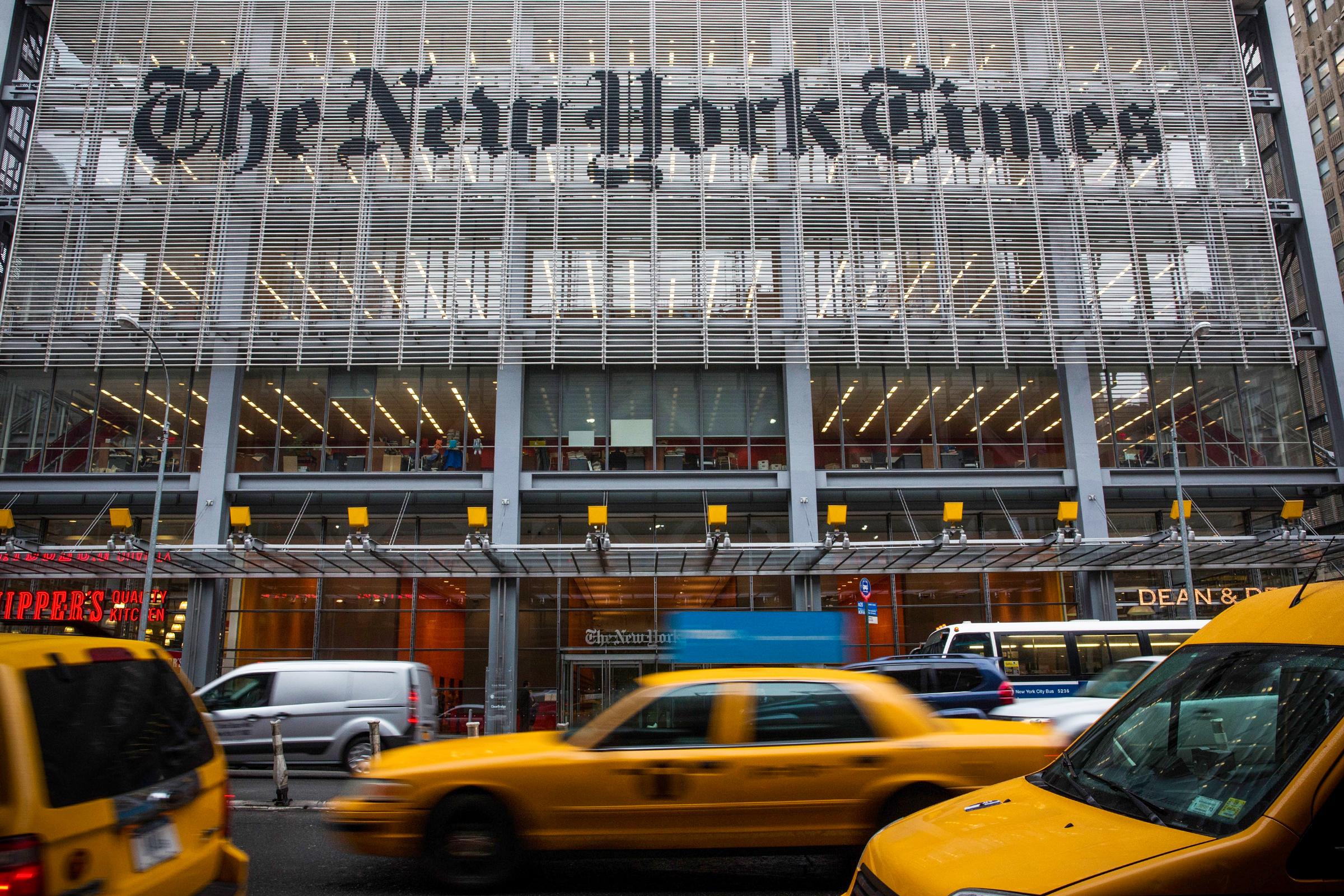
The New York Times made similar points in an article originally published in late October 2020, just days before the presidential election.
The very first paragraph described The Epoch Times as “one of the country’s most powerful digital publishers.”
Like NBC, the NY Times elaborated on the publication’s social media success, noting that it had “tens of millions of social media followers spread across dozens of pages.”
Incidentally, Nieman Lab, the aforementioned credentialing hub for legacy media, lauded the New York Times article and described The Epoch Times as “the culmination of all that Facebook has encouraged.”
The next big hit piece came just a few months later. It was published by The Atlantic in January 2021, shortly after the events of Jan. 6, 2021. Years before various legal arguments against President Trump hinged on the use of the word “insurrection” and, more specifically, the 14th Amendment’s insurrection clause, the article’s subtitle cast The Epoch Times as “a pro-Trump propaganda machine in an age of plague and insurrection.”

Yet it, too, acknowledged the publication’s popularity, which, by some measures, had surpassed that of many legacy media outlets.
“The Epoch Times can currently claim the most popular Apple newspaper app in the country (The New York Times is No. 2),” author Simon van Zuylen-Wood wrote.
Another legacy media broadside came more than two years later, again from NBC News.
An October 2023 article by Brandy Zadrozny characterized The Epoch Times as “one of the country’s most successful and influential conservative news organizations.”

Its headline conceded that the paper had gone “mainstream.”
‘Let’s Grow This to Number One’
The signs of the publication’s continued growth aren’t just coming from skeptical or outright hostile media sources. At The Epoch Times’ holiday party in Dec. 2023, Editor-in-Chief Jasper Fakkert noted that digital and print subscriptions to The Epoch Times now make it the fourth-largest U.S. newspaper.“Let’s grow this to number one. Thank you,” Jan Jekielek, senior editor and host of EpochTV program “American Thought Leaders,” said in his remarks at that same party.
If the past few years are any guide to the future, The Epoch Times is on the path to further success, with or without the permission of the establishment.
But it’s all thanks to the readers and viewers. Without an audience hungry for truth, tradition, and hope, legacy media gatekeepers would have nothing to fear, and nothing to attack.
